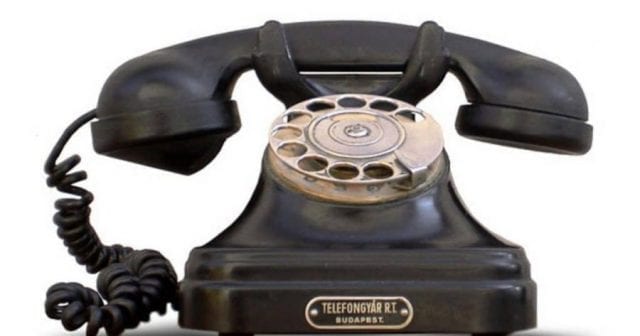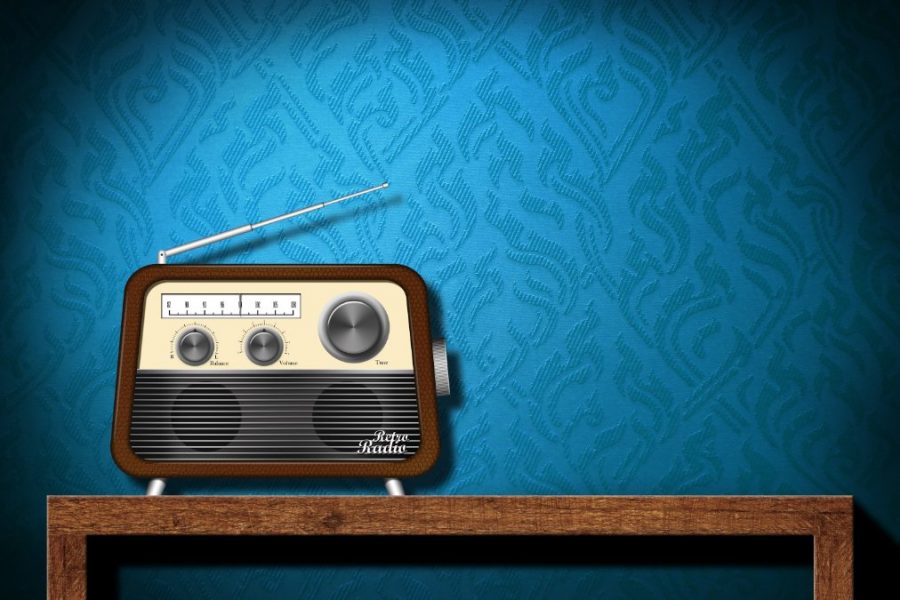Are you thinking to do something right now and they are telling you how that is not possible or why you cannot do it? Many things you see today were once thought of as impossible technology, and many more to come would be thought of as the same. What we mean here is that people thought there was no way that those things could be invented.
Through the years many men that changed the world were told the same thing. The problem has always been that there is a thin line between fools and geniuses, and it is most convenient for people to go with fools than geniuses.
Top Impossible Technology List:
1. Radio

When an American inventor, Lee De Forest set out to work on the invention of a box that would transmit live information to different places simultaneously, he was told down. In fact, he was accused of selling stock fraudulently in 1913 for his radio telephone company. An attorney was quoted to have said “Lee DeForest has said in many newspapers and over his signature that it would be possible to transmit the human voice across the Atlantic before many years. Based on these absurd and deliberately misleading statements, the misguided public has been persuaded to purchase stock in his company.”
Today, while the world is moving on with the internet, radio is still extremely important as far as many people are concerned, since the internet is still yet to cover a very large part of the world. In fact, according to the United Nations Educational, Scientific and Cultural Organisation (UNESCO), as much as 75% of households in developing countries still depend on the radio for information.
2. Television

After his invention of Radio, Lee De Forest said this about the invention of Television in 1926: “While theoretically and technically television may be feasible, commercially and financially, I consider it an impossibility, a development of which we need waste little time dreaming.” In September 1927, 21-year-old Philo Farnsworth unveiled the Television, and it soon became a huge success.
Lee De Forest was very wrong as for many years to come, TV became highly successful commercially and financially, and that would remain for a long time to come, even as it has kept evolving. Between 2012 and 2017, the least number of TV sets sold was 228 million and that was in 2016, and the highest was in 2014 when 249 million sets were sold.
3. Airplane

The story of the invention of the airplane is long and interesting. When the Wright brothers were busy trying to bring their dreams to fruition, a physicist and Director of the US Naval Observatory, Simon Newcomb, had this to say in 1902: “Flight by machines heavier than air is impractical and insignificant, if not utterly impossible.” It wasn’t more than a year later that he was proved wrong.
Interestingly enough, the Wright Flyer which was the first airplane to be created could only take one crew member and the empty weight is 605 lb (274 kg) while the maximum takeoff weight is 745 lb (338 kg). That was the size of the plane that Newcomb was considering to be too heavy. Today, the largest plane is the Antonov An-225. and it is able to carry other smaller planes. It can lift as much as a payload of 559,577 pounds and its power generating set alone weighs 418,834 pounds. When the Stratolaunch makes its first flight in 2019, it will become the biggest.
4. Cars

When the idea for cars came, people thought it was sheer madness; another impossible technology. That was until the three-wheeled stuff began actually running. At that point, the Literary Digest of 1899 went all out to make a categorical statement on the once impossible technology: “The ordinary ‘horseless carriage’ is at present a luxury for the wealthy; and although its price will probably fall in the future, it will never, of course, come into as common use as the bicycle.” Surprisingly enough, your guess as to which is more common today is same as mine.
In fact, we have gone beyond the age of cars driven by humans to those that are driving themselves.
5. Electric Bulb

One invention we are most likely to take for granted today is the electric bulb. However, it came a long way and was once thought an impossible technology. When Thomas Edison was working hard at developing it, a British parliamentarian said in 1978 that it was “unworthy of the attention of practical or scientific men.” Two years later, Henry Morton who ironically was the president of the Stevens Institute of Technology, said: “Everyone acquainted with the subject will recognize it as a conspicuous failure.”
Today, the bulb doesn’t just shine a light over the dark, it sheds a light over ignorance and failure.
6. Telephones

Sometimes your ideas may start working but still, they would tell you it’s another impossible technology. It is the same with the telephone. Even after a successful demonstration in 1876 skeptics still said it wasn’t going to work. One of such was British Post Office chief engineer, Sir William Preece who said: “we have plenty of messenger boys.”
In this age of smartphones, I wonder how fast those messenger boys would go and at what speed.
7. Online Shopping

Jack Ma’s Alibaba has pocketed billions, same as Amazon, and eBay, and other online stores. That is after The Times authoritatively said: “Remote shopping, while entirely feasible, will flop – because women like to get out of the house, like to handle merchandise, like to be able to change their minds.” Women are still going to stores and Jack Ma is still making money. Who could ever have predicted that in 2018, Alibaba would make a billion dollars in a minute and twenty-five seconds before going on to make $30.8 billion in sales in 24 hours during the Double 11 shopping festival?
See Also: Jeff Bezos Briefly Becomes World’s Richest Person: Facts to Know
In fact, with $702.46 billion market capitalization, Amazon is one of the most valuable companies in the world, while Alibaba has gone above quarter a trillion dollars and eBay doesn’t look as if it is slowing down any time soon because 79% of U.S. consumers are now shopping online with mobile phones market alone being worth $3.2 trillion in 2017.
8. Computers

About computers, Thomas Watson, who was chairman of IBM said: “I think there is a world market for maybe five computers.” That was in 1943. In 1977, the founder of Digital Equipment Corp (DEC), Ken Olson said: “There is no reason anyone would want a computer in their home.” If you are wondering how come they were that wrong, then I guess we are together.
It becomes more surprising if you realize that many homes have as much laptop computers as there are humans in the house.















